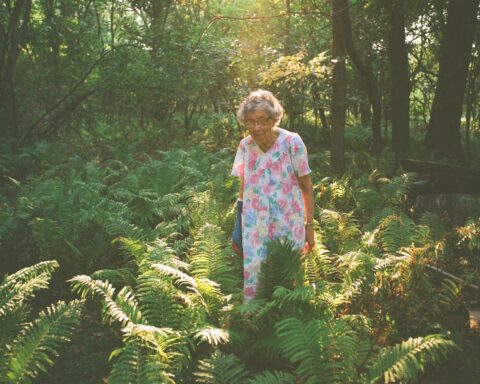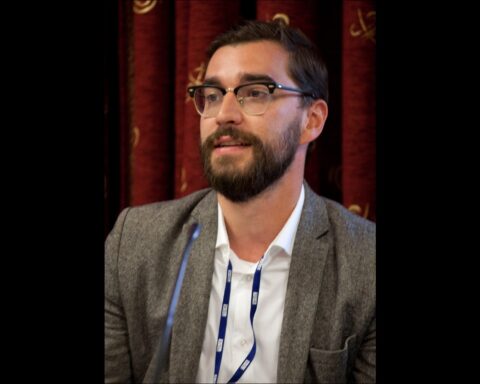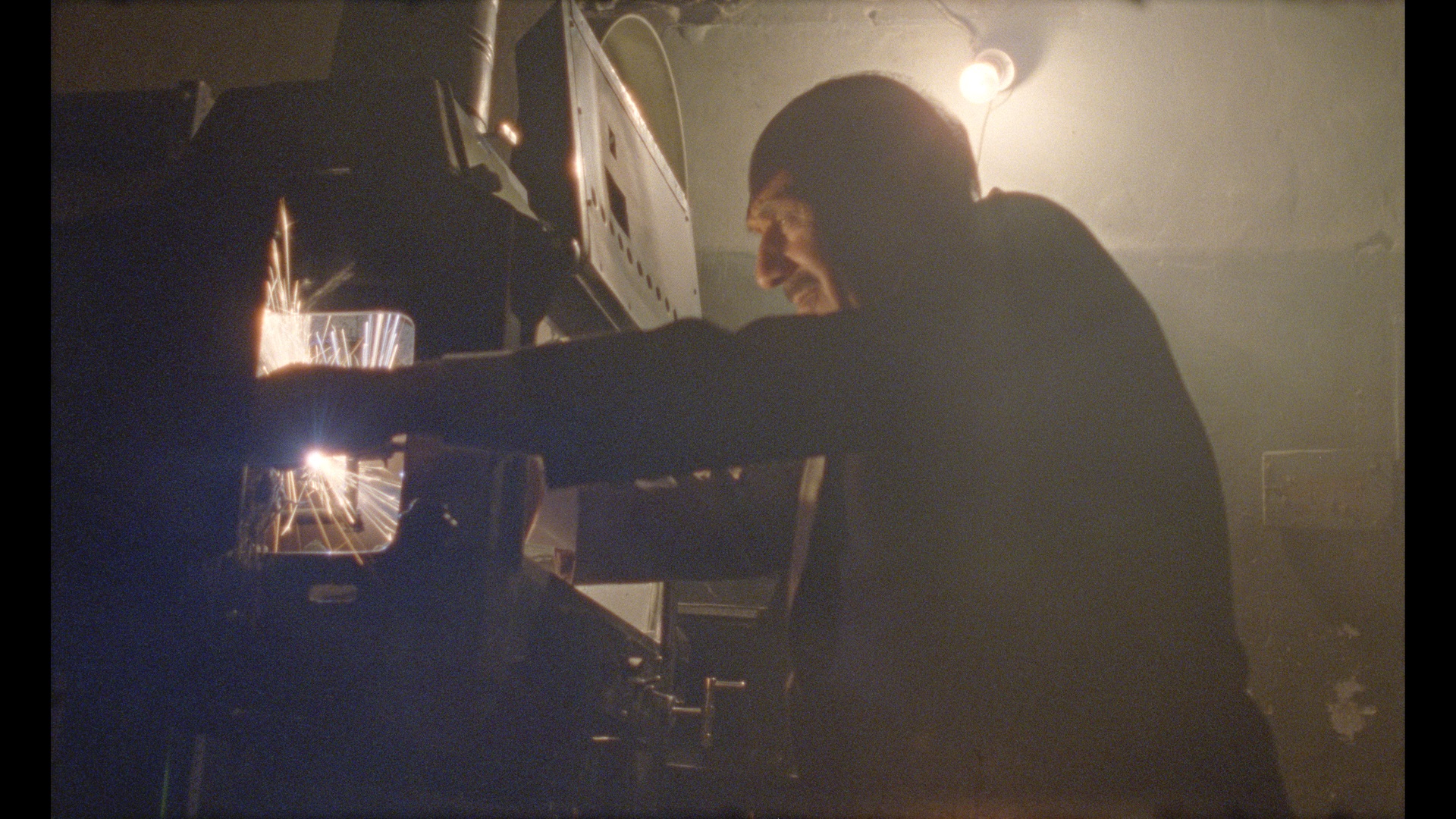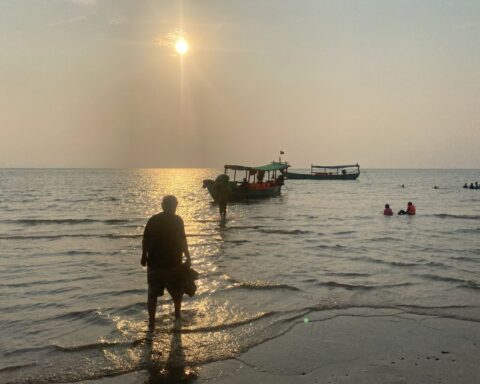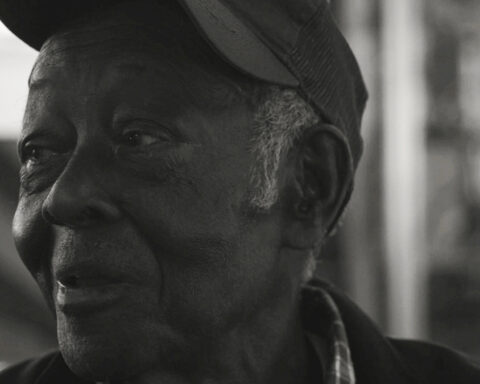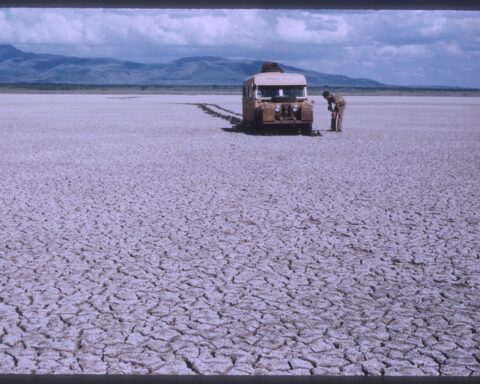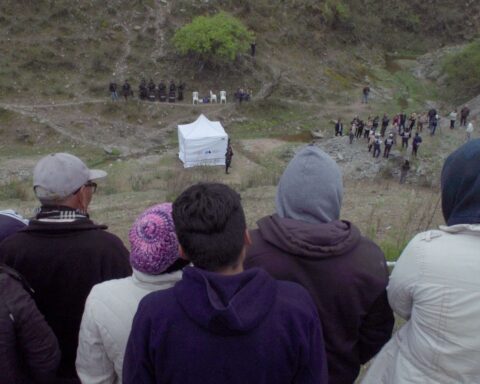Fadma: Even Ants Have Wings
(Morocco/Belgium, 80 min.)
Dir. Jawad Rhalib
Programme: International Spectrum
In a small community in the High Atlas of Morocco, villagers go about their daily lives, which are based on an undisputable division of labour. The women clean, cook, raise children, tend the animals and twice a day, go down to the river to fetch water. The men have snoring fests or sit at cafés for hours, when field work is scarce. This seemingly undisputed old-age order gets a rattle with the arrival of Fadma, a fiery and progressive woman, and her family from Casablanca. Their arrival marks the opening sequence of the latest documentary by Jawad Rhalib, Fadma: Even Ants Have Wings.
Once Fadma and her family appear in the village, Rhalib (When Arabs Danced) follows the local women down to the river to fetch some water. Carrying their now water-filled jerrycans, they begin their trek back to the village. Rhalib stays with them the whole way in what proves to be a really strenuous physical challenge. The long continuous shot, with the closeness of the extreme sounds of heavy breathing, places viewers right there with the women: feeling their need to take a break, breathe and recover before reaching the top.
When they complete their journey, the men are playing cards and drinking tea at the coffee shop. One even says “We have nothing here but playing cards. Meanwhile the women have no time to rest because they must move on to doing the laundry. Fadma didn’t join them to fetch water and doesn’t join them for laundry. She came to the village for her holidays, and she’s only looking to rest. More so, Fadma believes the men could help out the women, and urges the women to ask for help, get some rest and find a solution. She tells them, “Woman is equal to men…The slave woman, that’s over”.
In the span of a few days, Fadma begins to shake things up. Fadma speaks with the women and gets them to speak in turn. She asks them questions, pointing out her observations on the inequality in the division of labour between the woman and men. Understandably upset, the women decide to open a dialogue with the men on the village works.
Fadma agrees to take on the initiative with the village women. From the beginning of the attempted dialogue, one quickly begins to feel frustration the women have with the men. The dialogue fails, with the men adamant that “women aren’t men’s equals, that’s how it is here.” But the women don’t give up. They decide to go on strike: they put down tools and refuse to cook. The men interpret this as a declaration of war. A day later, one says to the other, “I prefer to eat poorly rather than concede. Never accept humiliation.”
A week later, both the men and women begin to realise that compromises will need to be made. This time, the discussions happen with a mediator from the mosque present. What do they agree to? Do the women succeed?
Through this immersion into a small village undergoing a little bit of turbulence, and a subtle and respectful approach to filmmaking, Rhalib offers an acute view of a Moroccan society undergoing change that is at once filled with humor and theatricality. Fadma, with her quick wit and fierceness, emerges as a liberating agent for healthy change, who somehow gets things moving in a community that always stood still.
Fadma: Even Ants Have Wings screens at Hot Docs’ online festival.
Visit the POV Hot Docs Hub for more coverage from this year’s festival.





